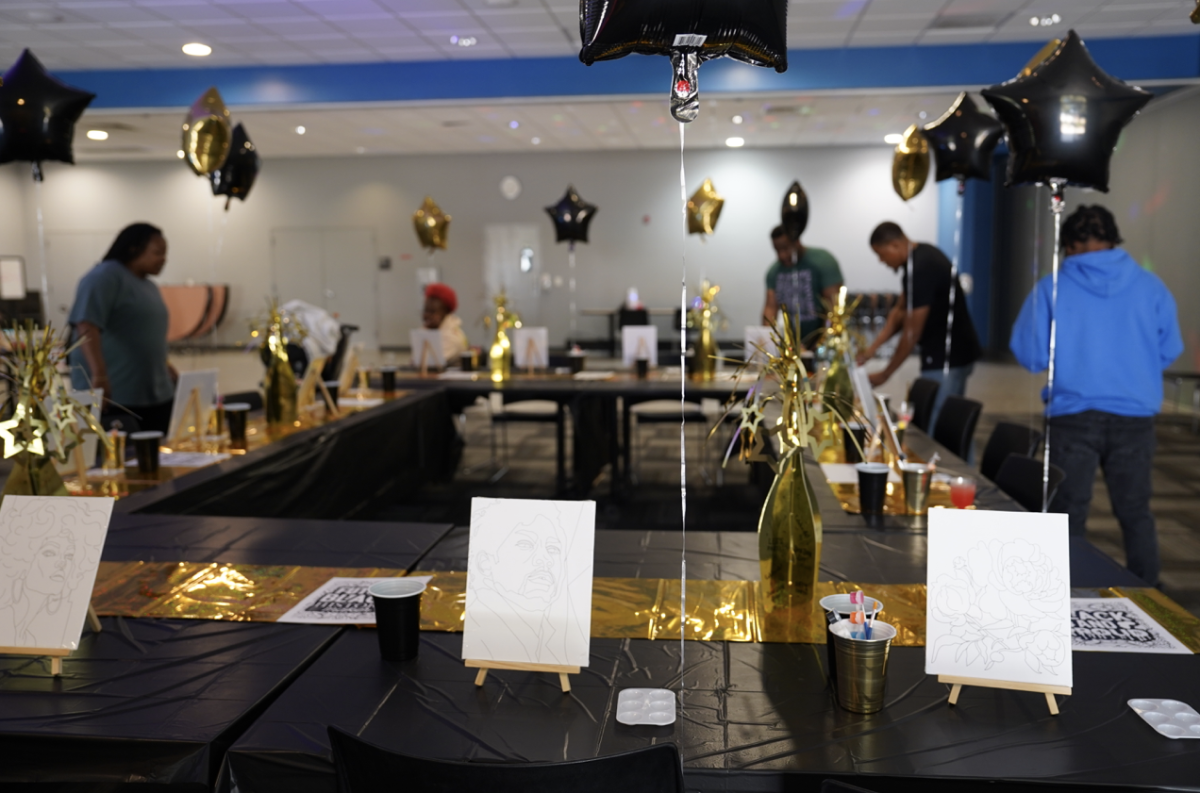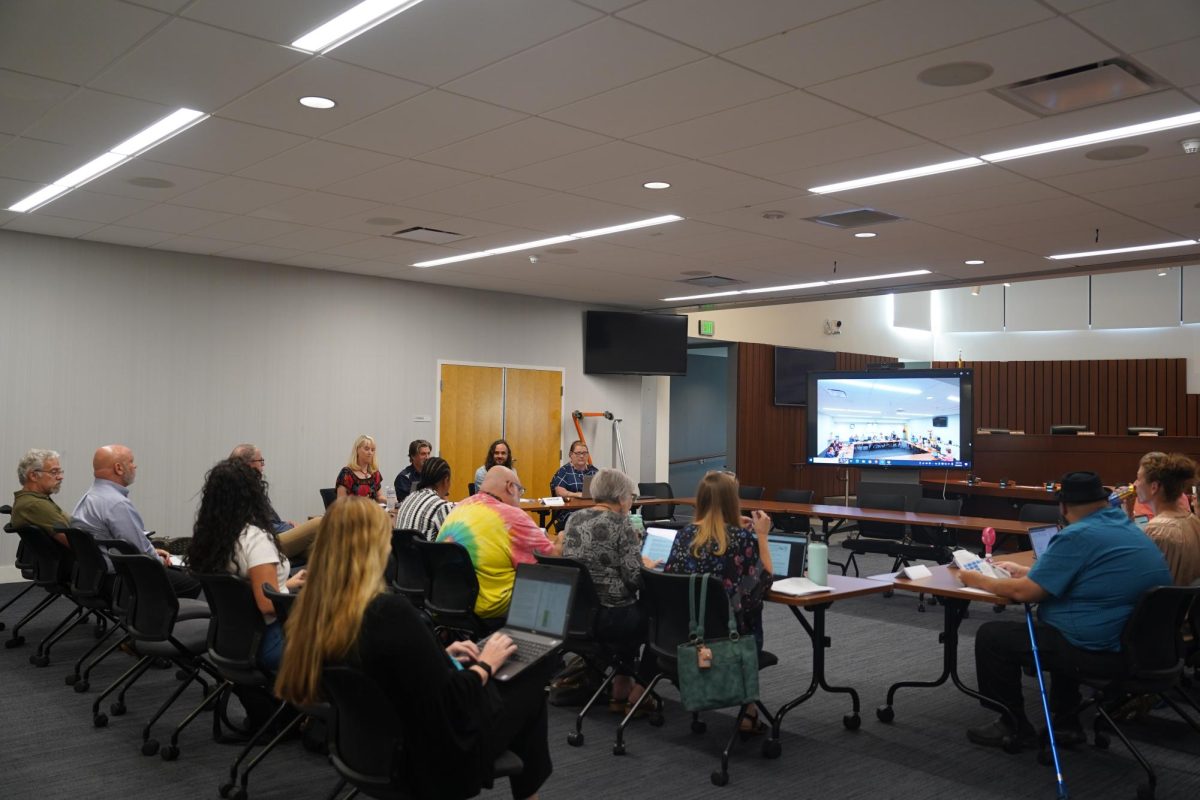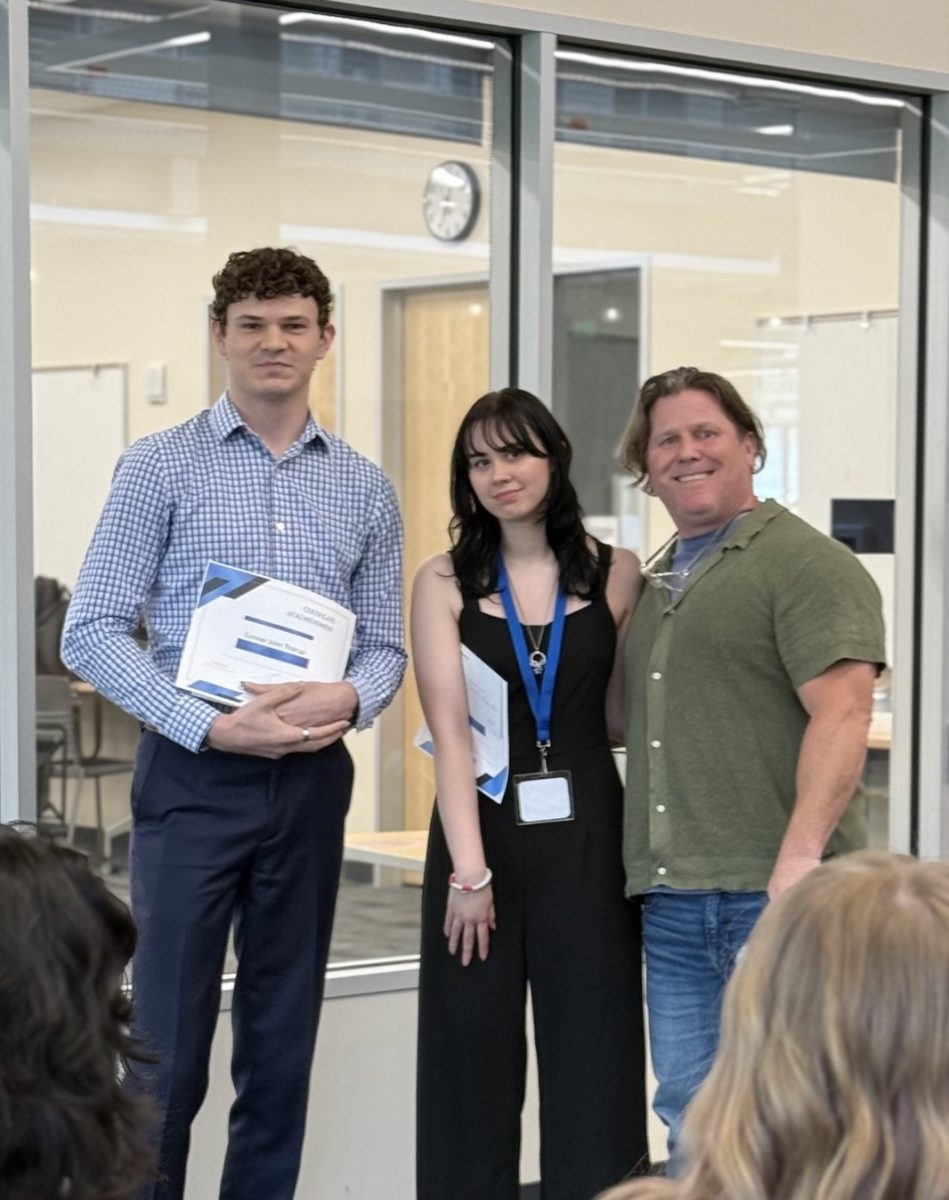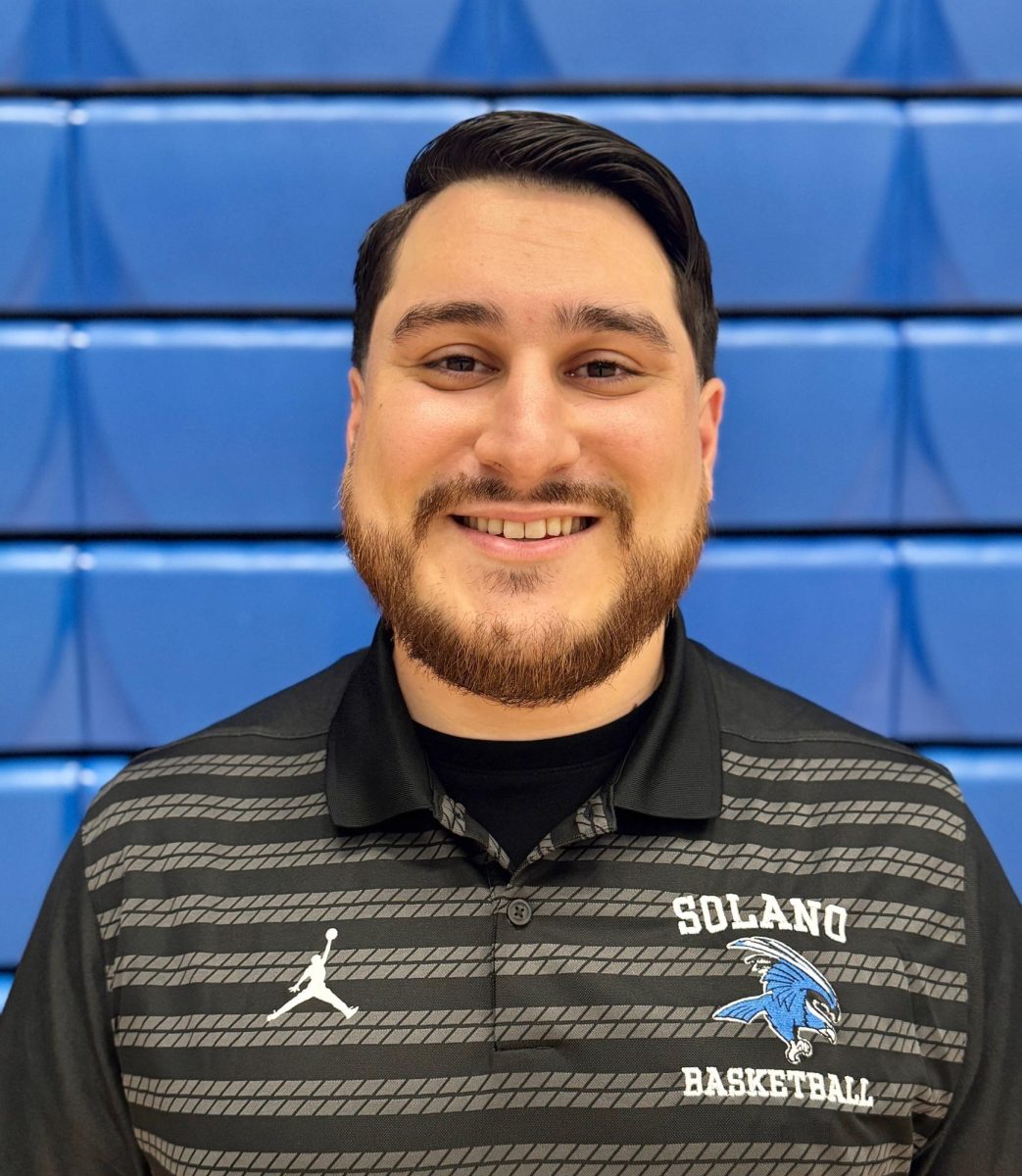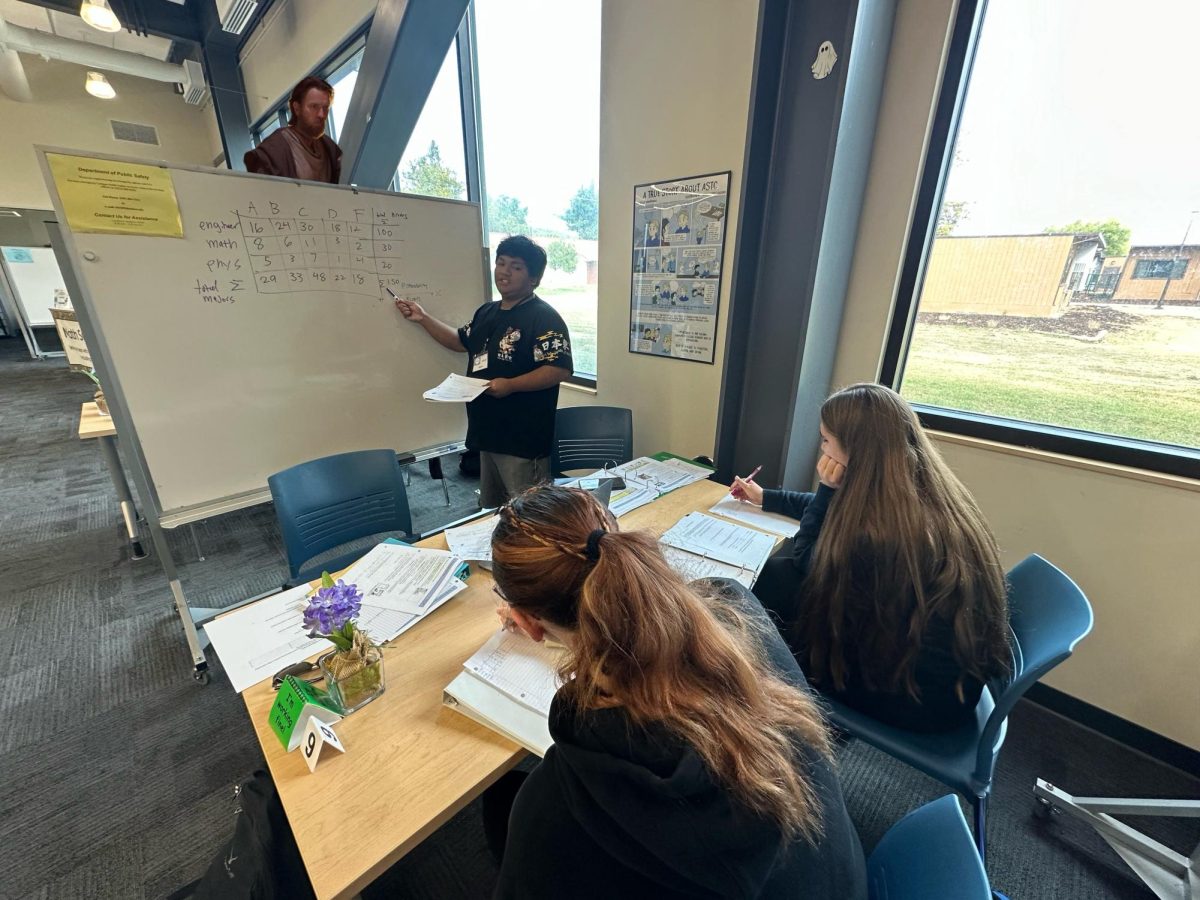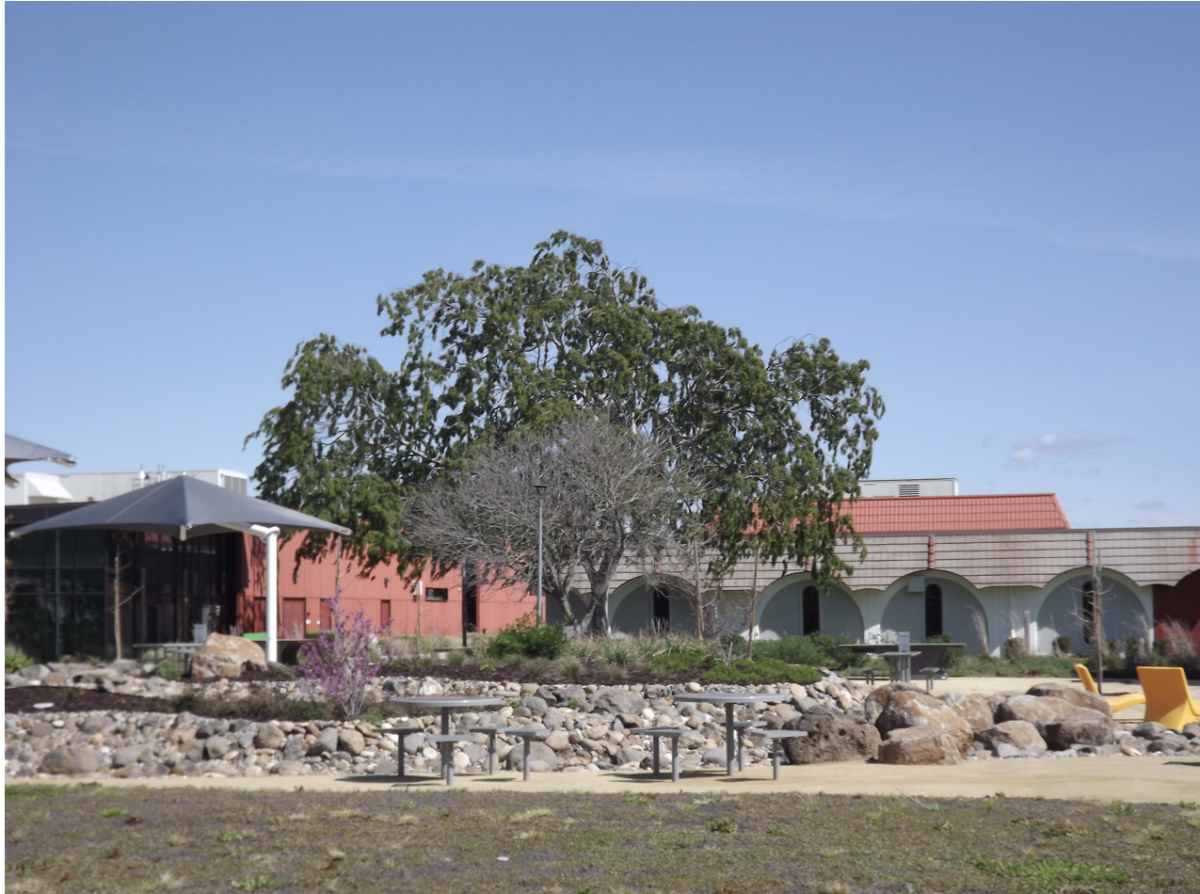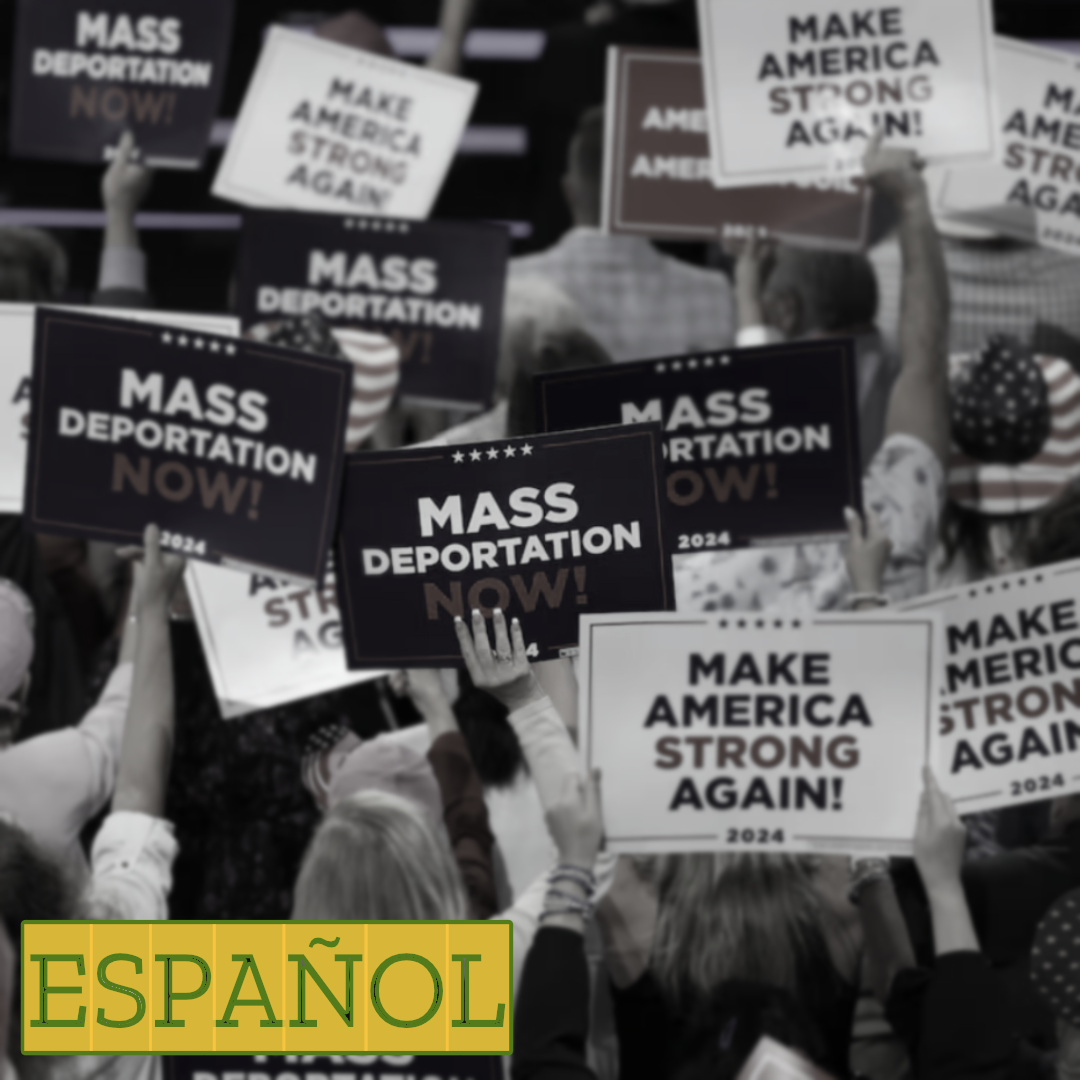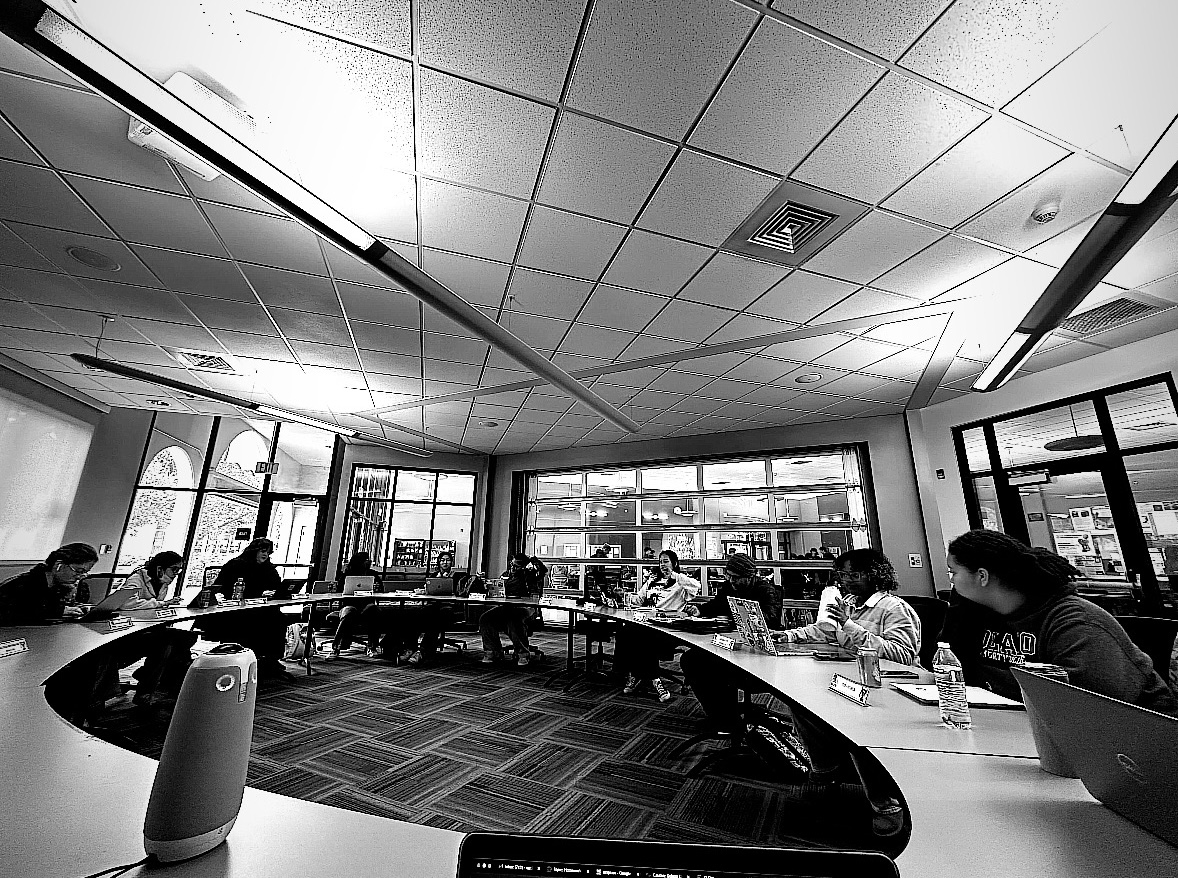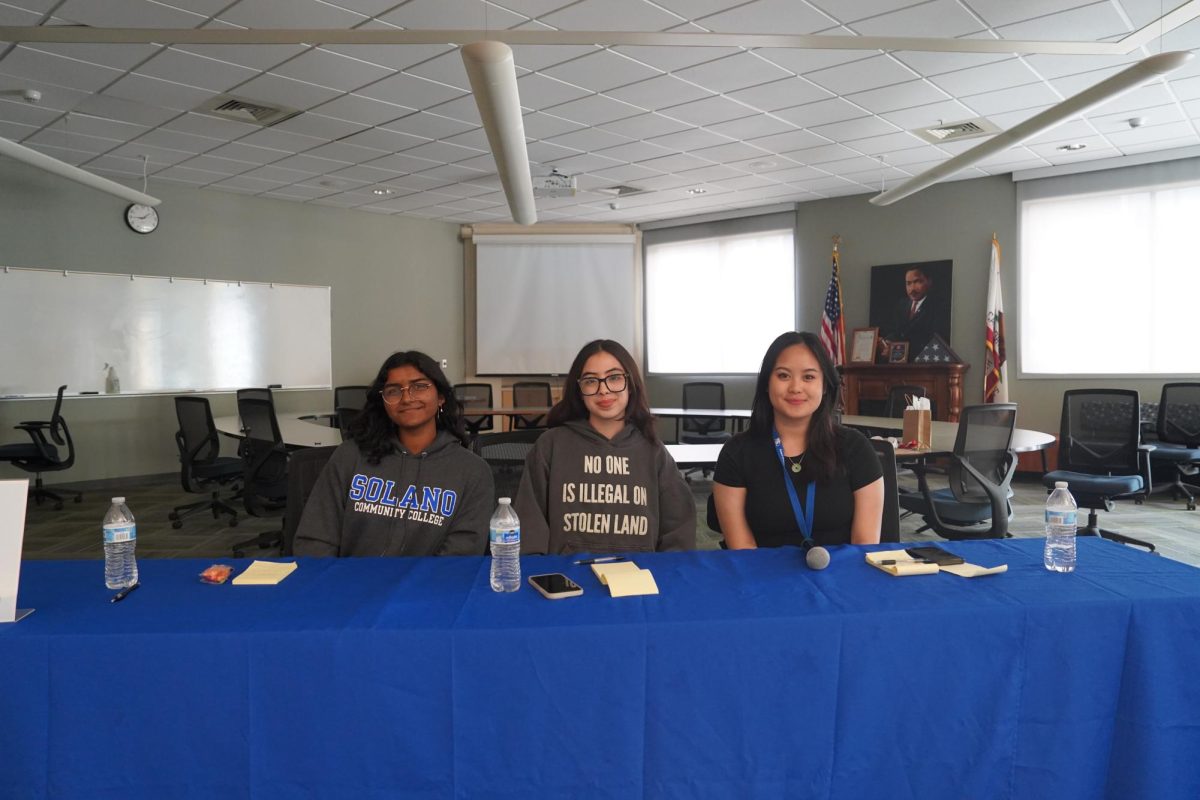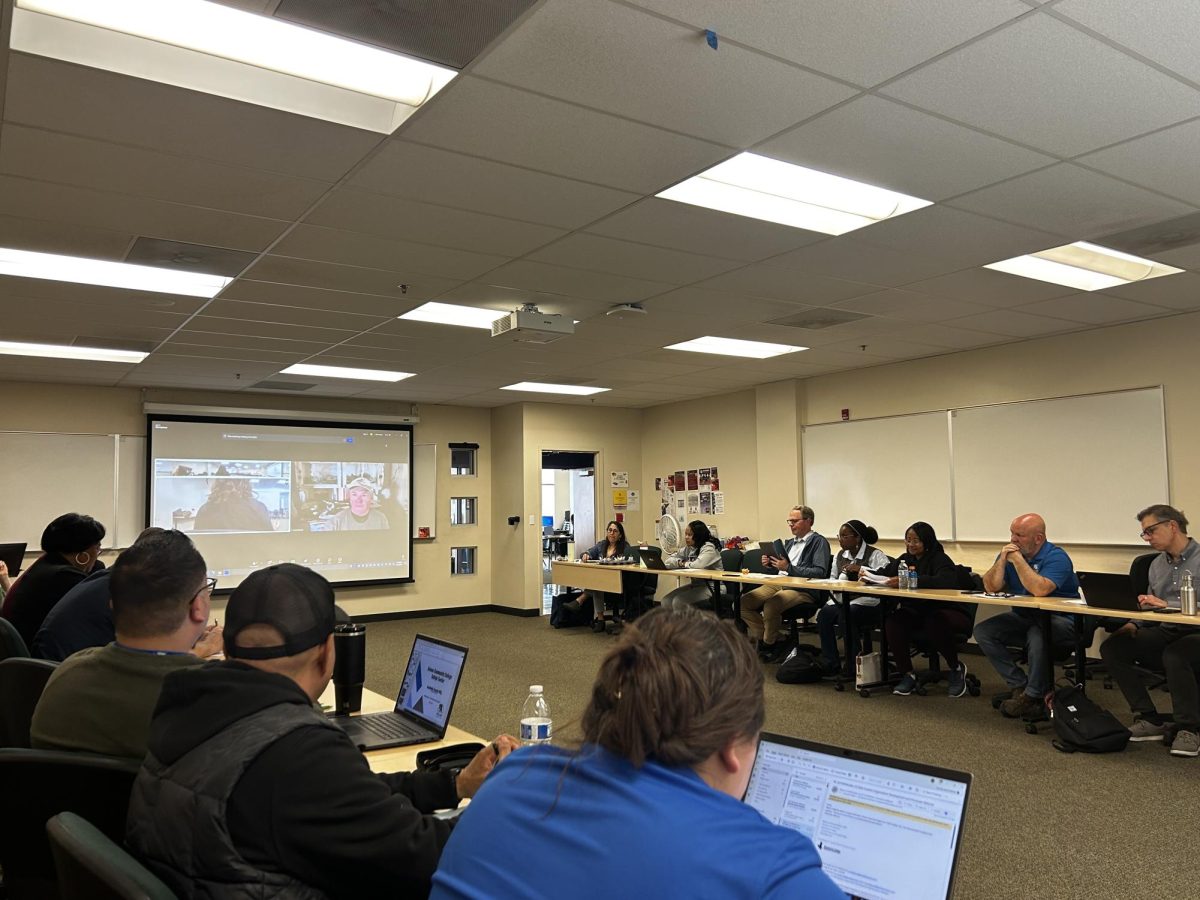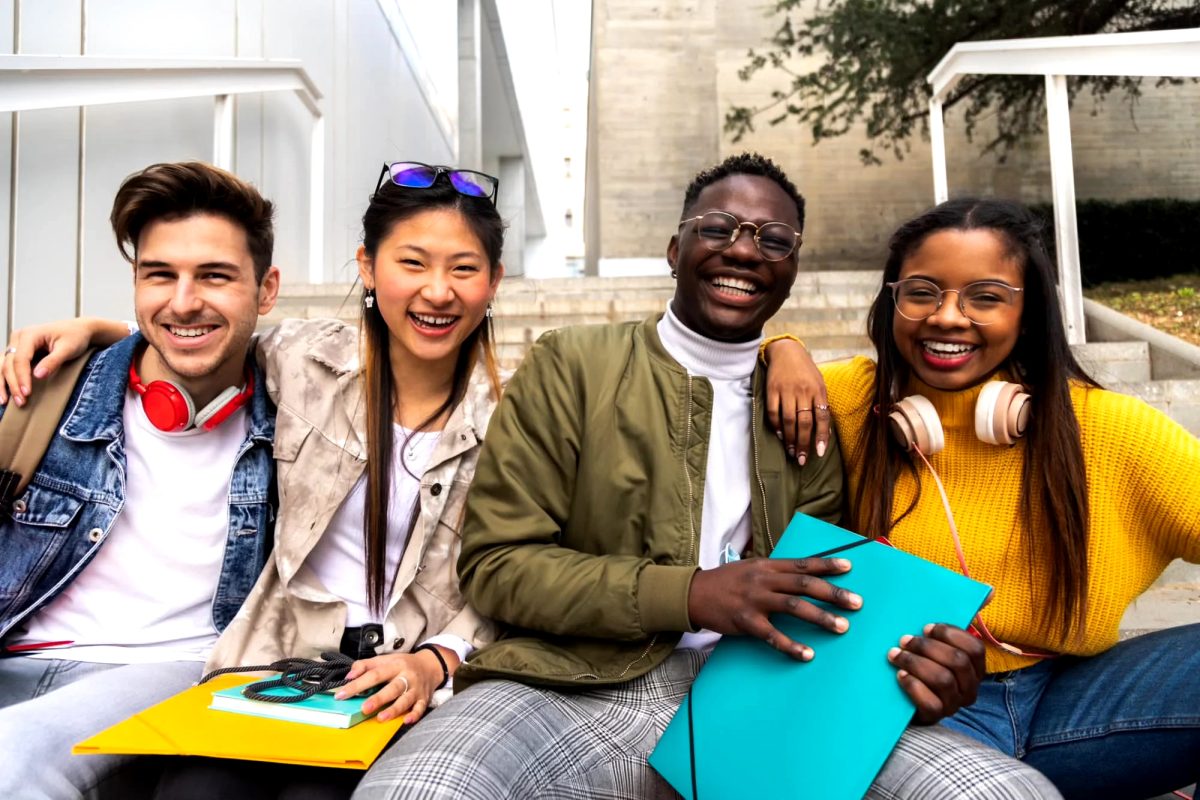Fairfield — Students and community members gathered at the Solano Community College theater to watch the documentary Hailing César, directed by Eduardo
Chávez, grandson of the iconic labor rights activist César Chávez. The event, which combined art, history, and political reflection, was followed by a Q&A session with the director, offering an intimate dive into the memories and legacies that shaped his journey.
During the screening, the audience had the chance to learn about Eduardo’s personal journey, as he left his career as a professional golfer to pursue his dream in filmmaking. The documentary, which follows Eduardo’s journey through several California cities — including Los Angeles, Delano, Sonoma, and Sacramento — revisits the struggles of farmworkers, a cause his grandfather, César Chávez, fought for throughout his life.
One of the most impactful scenes in the film shows Eduardo interviewing a 72-year-old worker who still faces the harsh realities of the grape fields, working more than 12 hours a day under poor conditions and earning low wages. These moments of struggle and resistance serve as a powerful reminder of the importance of continuing the fight for civil and labor rights.
During the Q&A session, I had the opportunity to ask Eduardo about the pressure he feels being the grandson of César Chávez.
He stated that yes, there is pressure in carrying that last name, but emphasized that over the years, he has learned to follow his own path. “It’s a huge responsibility, but my motivation is to use my work to give more voice to this cause and push forward the fight for farmworker rights,” he said.
When asked what he would say to Latino students in the United States or students in general, Eduardo shared a personal reflection: “It was when I began to understand my family’s history that I realized the power of being connected to your roots. The greatest wealth anyone can have is that connection, because it strengthens us, gives us empathy, and helps us know where we came from so we know where we want to go.”
Eduardo also revealed the impact this experience had on his view of filmmaking; placing himself both as the director and the subject of the film was challenging but transformative. He highlighted how the filming process and the stories he encountered along the way helped him see documentary cinema as a powerful tool for raising awareness and social change.
The event ended with warm applause, and it was clear that César Chávez’s legacy continues to live on not only in political and social struggles but also in art and the reflection of a new generation. Eduardo Chávez’s documentary, more than a tribute to his grandfather, serves as an invitation for everyone to reflect on the importance of understanding our own roots and fighting for social justice.


